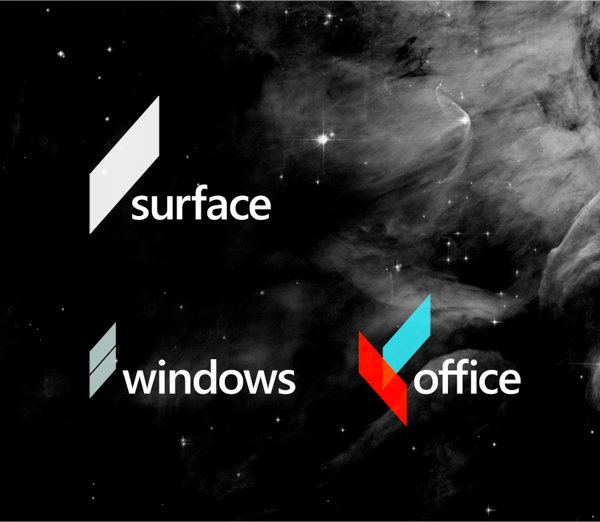Amar, on the other hand, has been rather more defensive about the whole thing. He appears to be part of the Microsoft Student Program, and rather than apologise as the others have, his response was “I do knew that am using sample codes. But almost every people are doing the same…” Obviously just following the crowd… except that most people have at least tried to make the games their own.
Regarding submitting multiple times – “by the time I finish my application there wont be any cool names available. So I just did that to reserve cool names.” I look forward to seeing how he uses 8 Balls, Crash Ball, Maze Ball, Hop Ball, Ball Balance and Dragon Balls for these new games he’s working on! Interestingly, he was also the first to ask who I am!
Calling out the rubbish from the Windows 8 store
Surface and Windows 8 RT don’t have that many apps to begin with, but if a significant part of them are cloned basic examples from the MSDK example pool or other useless trash apps then the actual app count is even lower and one has to seriously wonder if buying so soon into the Surface ecosystem is a good option. It was already a dubious option but this kind of problem is just absurd. What are Microsoft reviews doing at their jobs?
If you value your money and don’t require a tablet this very minute, just wait and see how the things go. Don’t go splashing notes at a Surface or any other Windows tablet before the rest of the market picks up. There’s no point or benefit in being a lab rat for Microsoft but there’s significant losses if you end up without 500 ($/€) and a tablet with a lousy or inexistent software selection.
On the other hand there’s always a tablet that works ok and with an excellent software selection, so why should anyone buy a Surface?

